Milk supply can be a concern for many nursing mums, especially during the first few weeks of breastfeeding. This worry often urges them to explore solutions that can support milk production and ensure their little ones are getting the nourishment they need. One of these solutions is lactation supplements which are believed to stimulate lactation and enhance milk flow. However, their effectiveness and safety are often debated among experts and mums alike. So, let’s dive into the facts that can help you make informed decisions on your breastfeeding journey.
What Are Breastfeeding Supplements and How Do They Work?
Lactation supplements boost milk supply by increasing prolactin levels, one of the hormones involved in milk production. Most supplements are available in tablets or capsules. However, there are also some herbal supplements like lactation teas that contain lower concentrations of herbs than those in tablets or capsules.

These supplements are a form of galactagogue, a substance that can boost or enhance milk production in breastfeeding mums. They usually contain herbs or botanical extracts that are believed to increase milk production, such as:
-
Fenugreek
-
Thistle Milk
-
Blessed Thistle
-
Fennel
-
Black Seed
-
Shatavari Root
-
Palm Date
In one study, about 60% of breastfeeding mums in Australia used at least one galactagogue to support their breast milk supply, including fenugreek as well as pharmaceutical galactagogues such as domperidone.[1] While these supplements are popular choices, it’s essential to understand their potential benefits and risks.
Are Lactation Supplements Effective?
Despite the popularity of lactation supplements, there is little scientific evidence that supports their use or safety. Some users claim that lactation supplements are effective, while others argue that they decrease their milk production. There are also some who believe that a combination of herbs is the most effective choice for boosting lactation, one common option being a blend of fenugreek and blessed thistle.[2]
One study found that fenugreek can work as a galactagogue in significantly boosting milk supply by increasing insulin, prolactin, and oxytocin secretion.[3] However, evidence of their effectiveness as a galactagogue is mostly anecdotal and the safety and effectiveness of location supplements are generally still uncertain.
In a separate study, some of the commonly used herbal galactagogues in Australia, fenugreek and blessed thistle, are shown to potentially boost confidence and self-efficacy in breastfeeding mums.[4] This highlights the psychological benefits that breastfeeding supplements may offer, in addition to their potential impact on milk production.
Potential Risks and Side Effects of Breastfeeding Supplements
Some breastfeeding supplements, particularly those with fenugreek, may cause gastrointestinal side effects such as nausea, vomiting, diarrhoea, and flatulence. In some cases, liver toxicity was also reported from taking fenugreek both as a galactagogue and in herbal combinations.

In Australia, the safety and quality of all vitamins are regulated by the Therapeutic Goods Administration (TGA). Look for products with third-party lab testing as well as certifications and exercise caution when buying supplements to increase milk supply, particularly those from abroad. Talk to your pharmacist or doctor to ensure the safety of the supplements you want to take.
When & How to Choose the Right Lactation Supplement
Choosing the right lactation supplement can be a helpful option for mums who are experiencing challenges with milk production. Here’s a guide on when and how to choose the right supplement:
When to Consider Supplements
Lactation supplements should only be considered if you still have a low milk supply despite trying other strategies to boost your production. Taking supplements when you already have a sufficient milk supply may cause you to overproduce. This increases your chances of developing engorgement, causing swelling and discomfort in your breast which can also make it harder for your baby to properly latch and breastfeed.
What to Look For in a Lactation Supplement
Safety and reported efficacy are two main factors you should consider when choosing lactation supplements. Avoid supplements that may interact with the medications you’re currently taking or any existing health conditions you have.
Carefully examine and do thorough research on the product you’re considering to ensure that it underwent proper quality control assessments. Don’t forget to consult your doctor before taking any supplements to determine whether lactation supplements are advisable for you and which ones are safe to consider.
Alternatives to Breastfeeding Supplements to Increase Milk Supply
Before resorting to breastfeeding supplements, there are natural ways you can try to support your milk production and address breastfeeding challenges, from making dietary adjustments to practising breastfeeding techniques.

Natural Ways to Increase Milk Supply
Your body can’t produce enough breast milk if you’re dehydrated, so always make sure that you’re getting a lot of water. As the body requires a greater amount of water while breastfeeding, nursing mums are recommended to consume an additional eight cups of water daily on top of the suggested eight-ounce glasses for adults. Incorporating water-rich foods such as watermelon, cucumbers, and berries into your diet can also help keep you hydrated.
There are also certain lactation-friendly foods that help boost your milk supply. Protein-rich foods, as well as certain whole grains, fruits and vegetables, nuts and seeds, as well as herbal teas, contain galactagogues that increase the body’s prolactin level. Including these in your diet can provide essential nutrients that will not only nourish your body but also support your milk production.
Techniques to Naturally Stimulate Milk Production
Ideally, your baby should be feeding at least eight times a day. Stimulating your breast using double breast pumps and emptying both sides will help send signals to your body that additional milk is needed, thus increasing your milk production. Regularly emptying both breasts can also prevent engorgement, which occurs when the milk builds up in the alveoli along with blood and lymphatic fluid, causing breast pain and potentially harming milk-producing glands.
You may also try the following pumping techniques to stimulate your breasts:
-
Place your unclothed baby directly on your bare chest while breastfeeding. Mums who often engage in skin-to-skin contact with their children are reported to have higher levels of breastfeeding success, especially within the first six months.[5]
-
Make sure that your baby latches on correctly to stimulate milk flow.
-
Gently massage your breasts before and during feeding sessions.
-
Ensure that the breasts are fully emptied after each session. They may feel lighter and no longer uncomfortably full as opposed to the start of the feeding or pumping session.
-
Pump between feedings or if your baby has missed a feeding session.
Professional Support and Resources
Getting guidance and support can be an enlightening and beneficial experience for breastfeeding mums, especially first-time ones. Consulting lactation consultants or healthcare providers can provide you with personalised assistance and help address any challenges you may encounter along the way.
Joining support groups, whether in-person or online, can also provide a safe and comfortable space for sharing experiences, seeking advice, and finding reassurance during your breastfeeding journey. You can also refer to reliable online resources to gather more information and verify with your healthcare professionals for more personalised advice.
Make Informed Choices For a Healthy Breastfeeding Experience
Ultimately, every mum and their breastfeeding journey is unique. Breastfeeding supplements are not a one-size-fits-all solution, but rather one of the many tools available to support lactation.

It’s important to remember that while lactation supplements can offer support in your breastfeeding journey, they are not a substitute for a healthy diet, proper breastfeeding techniques, and individualised support from healthcare providers. Make informed choices and seek professional advice to navigate the use of breastfeeding supplements safely and effectively.
FAQ
1. Can you take breastfeeding supplements while pregnant?
It’s recommended to speak with your doctor or healthcare provider before taking lactation supplements. Some supplements contain herbs and other ingredients that may not be safe during pregnancy.[1]
2. What to do if breastfeeding supplements do not work?
Make sure that you have a healthy, proper diet and do proper breastfeeding and breast compression techniques to effectively stimulate milk production. If you’re still not seeing the desired results, consult with your healthcare provider or a lactation consultant for other alternative feeding methods you can explore.
References:
-
https://journals.plos.org/plosone/article?id=10.1371/journal.pone.0254049
-
https://www.medicalnewstoday.com/articles/breastfeeding-supplements-to-increase-milk-supply#do-they-work
-
https://www.ncbi.nlm.nih.gov/books/NBK501779/
-
https://www.mdpi.com/1660-4601/12/9/11050
-
https://internationalbreastfeedingjournal.biomedcentral.com/articles/10.1186/s13006-020-00310-y


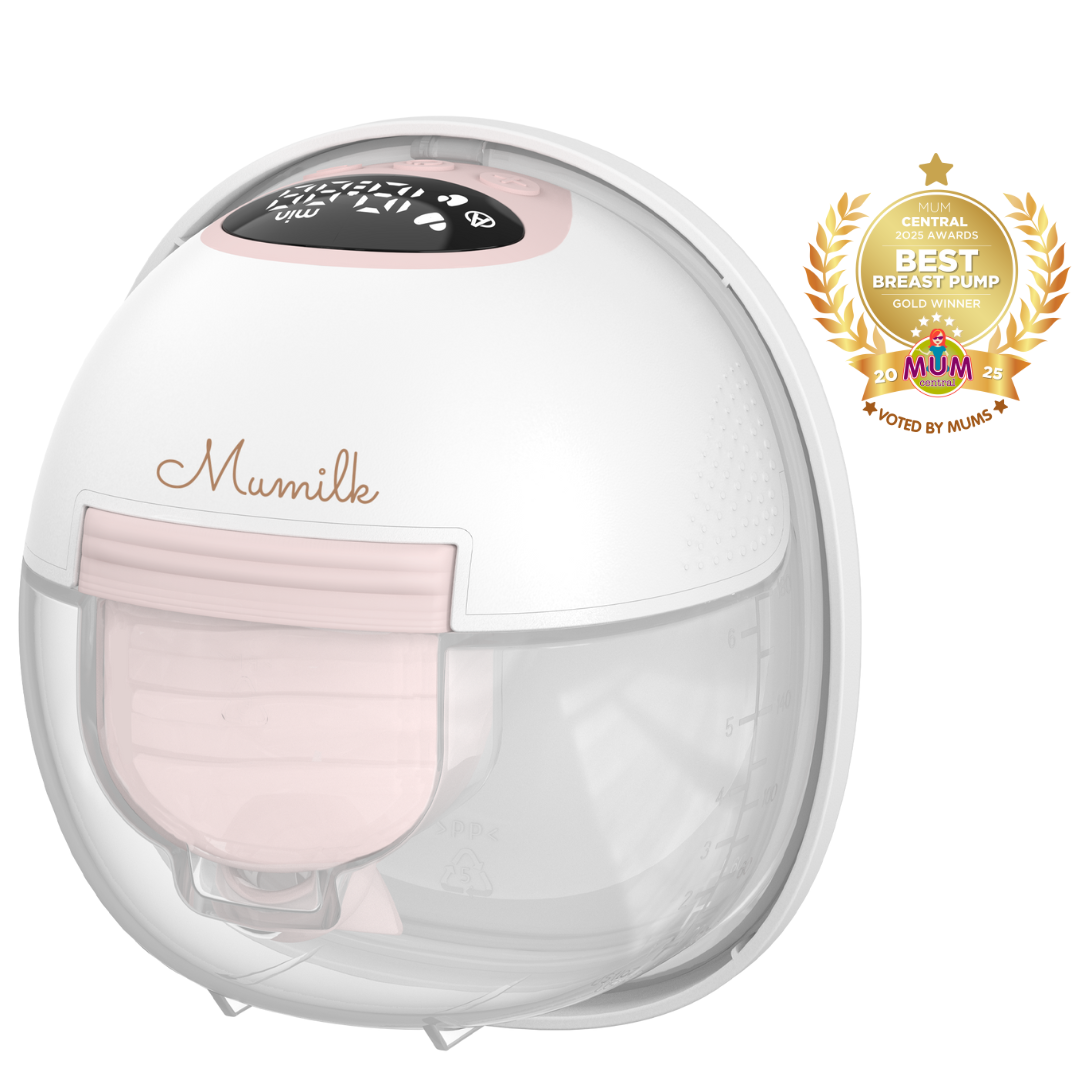
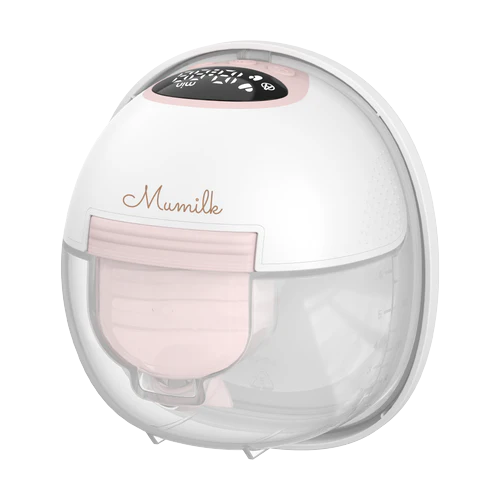
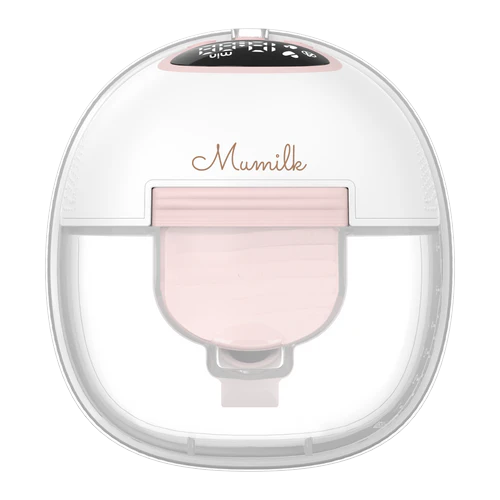
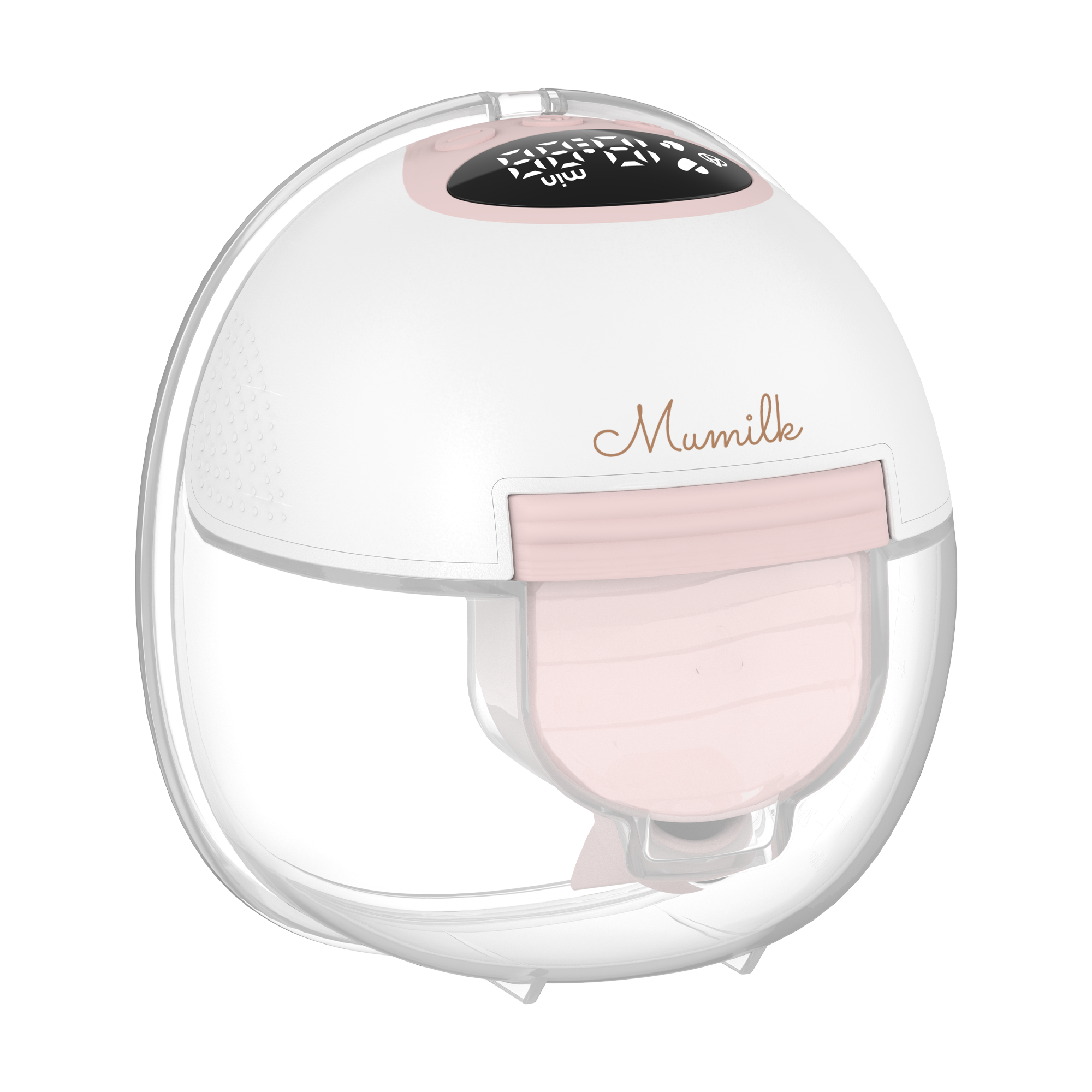




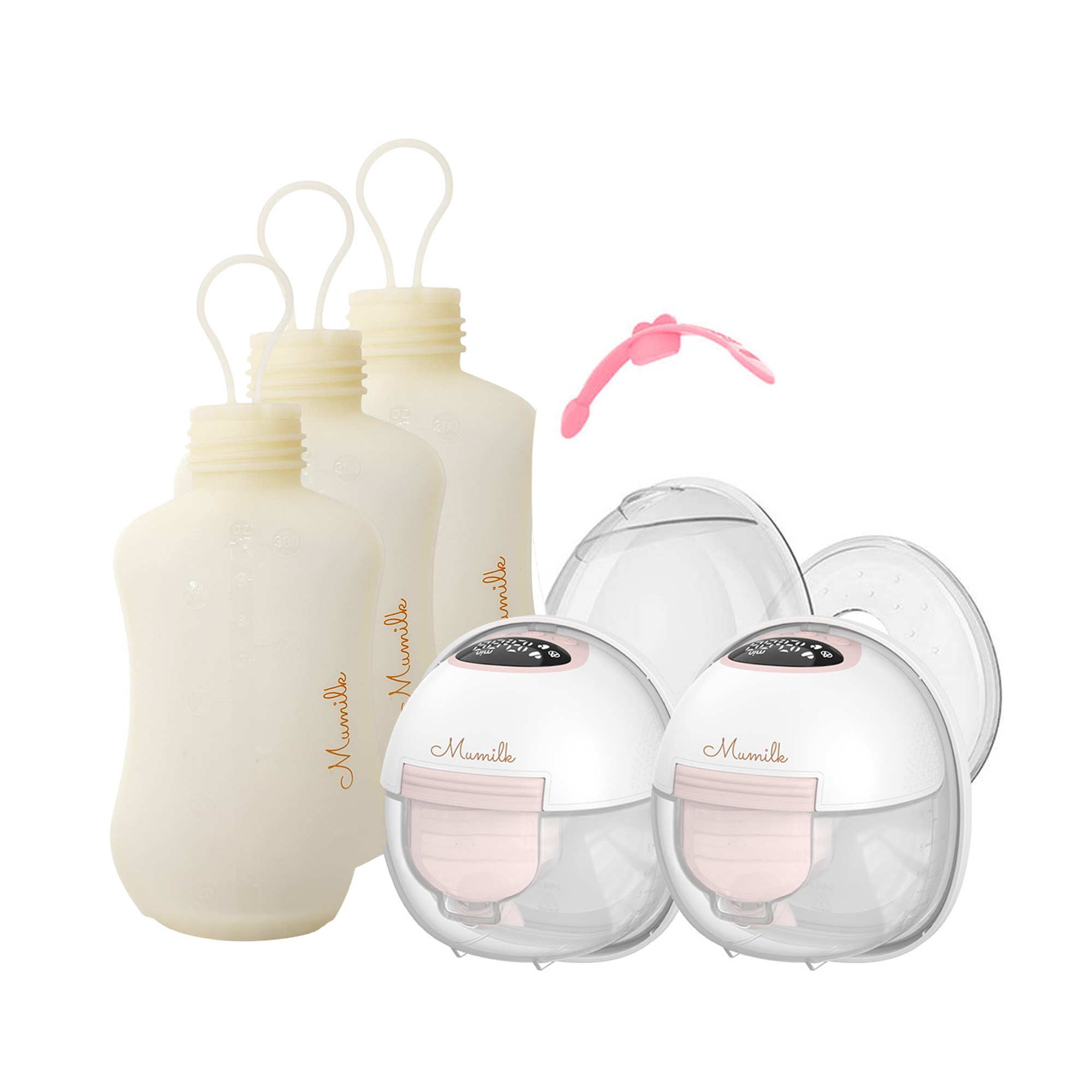
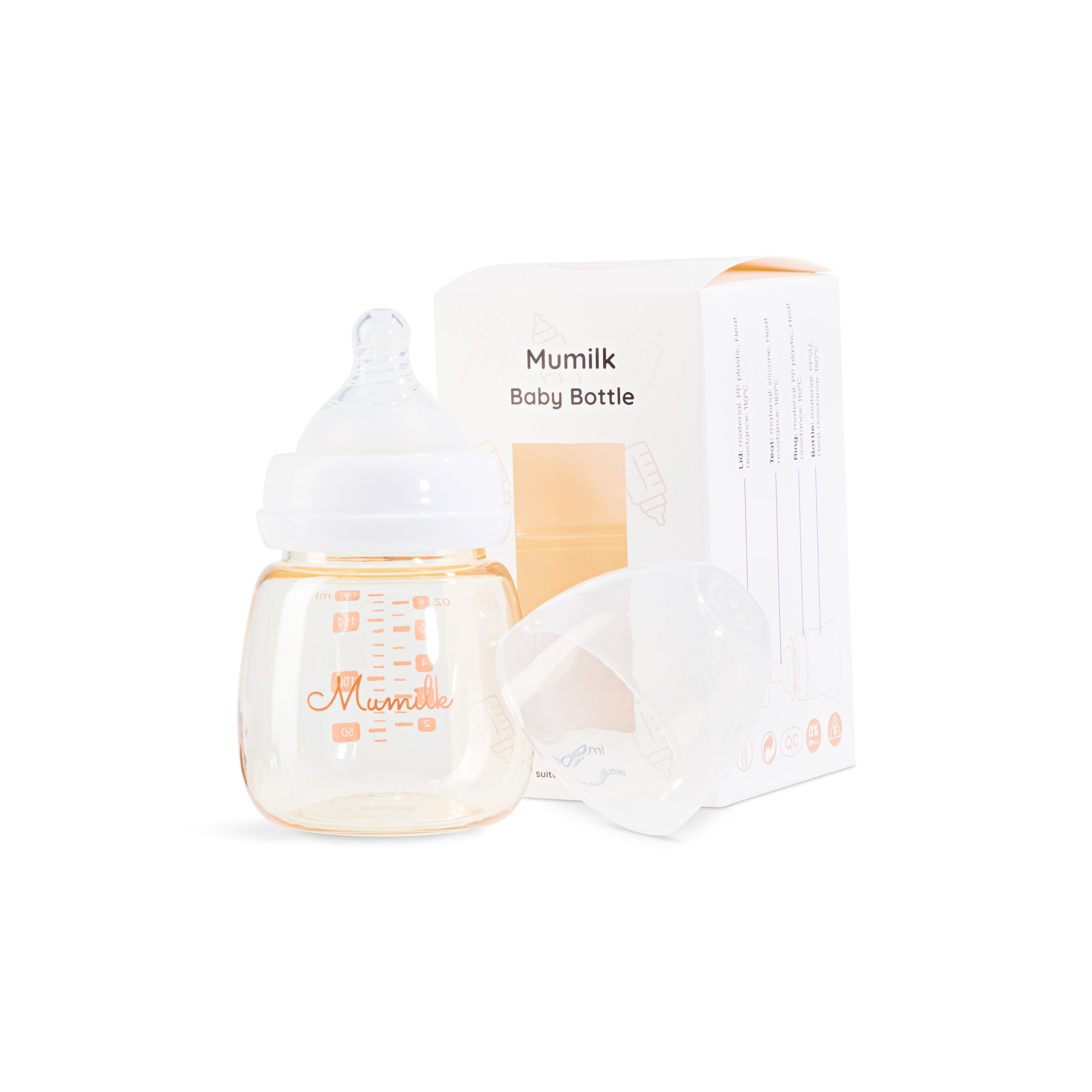
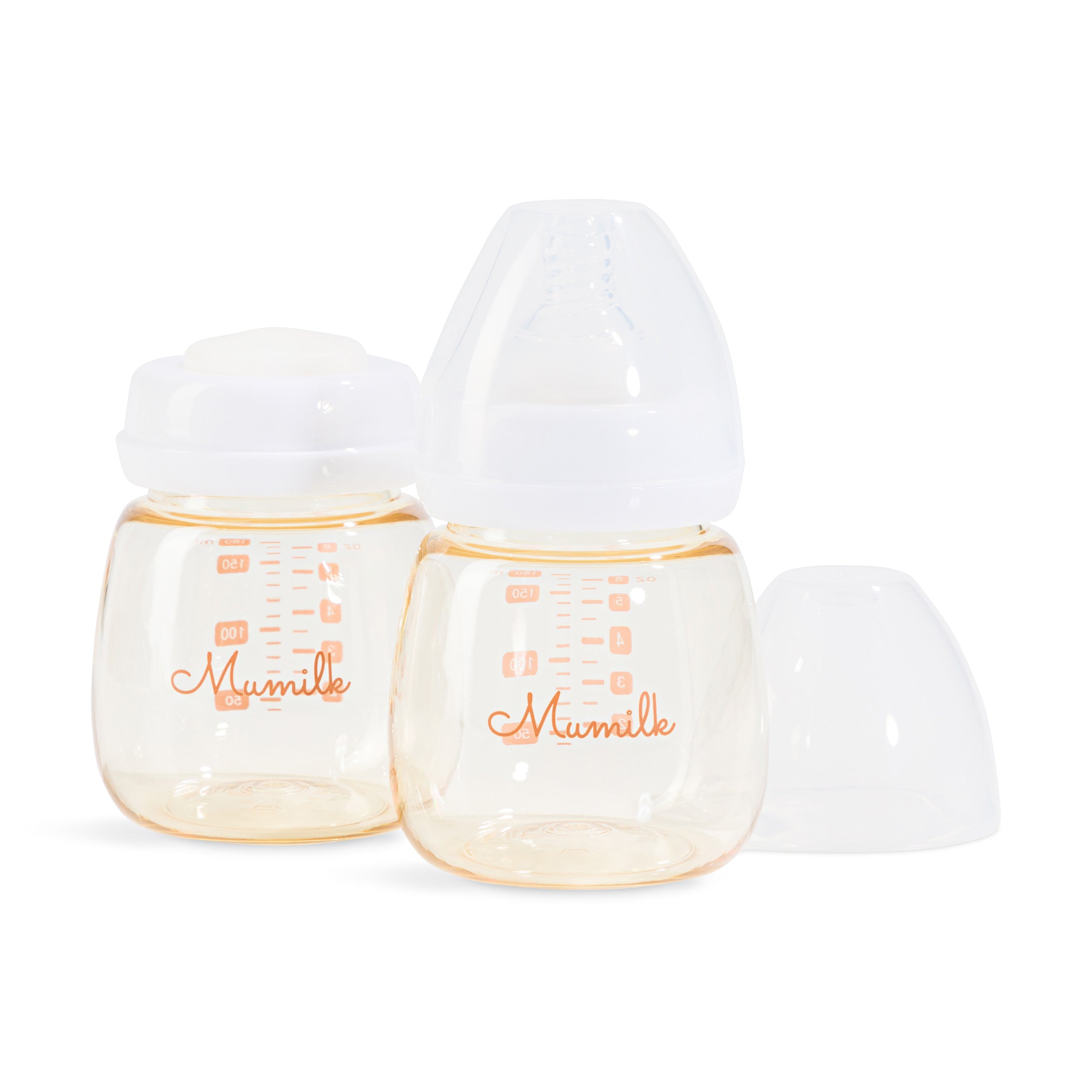
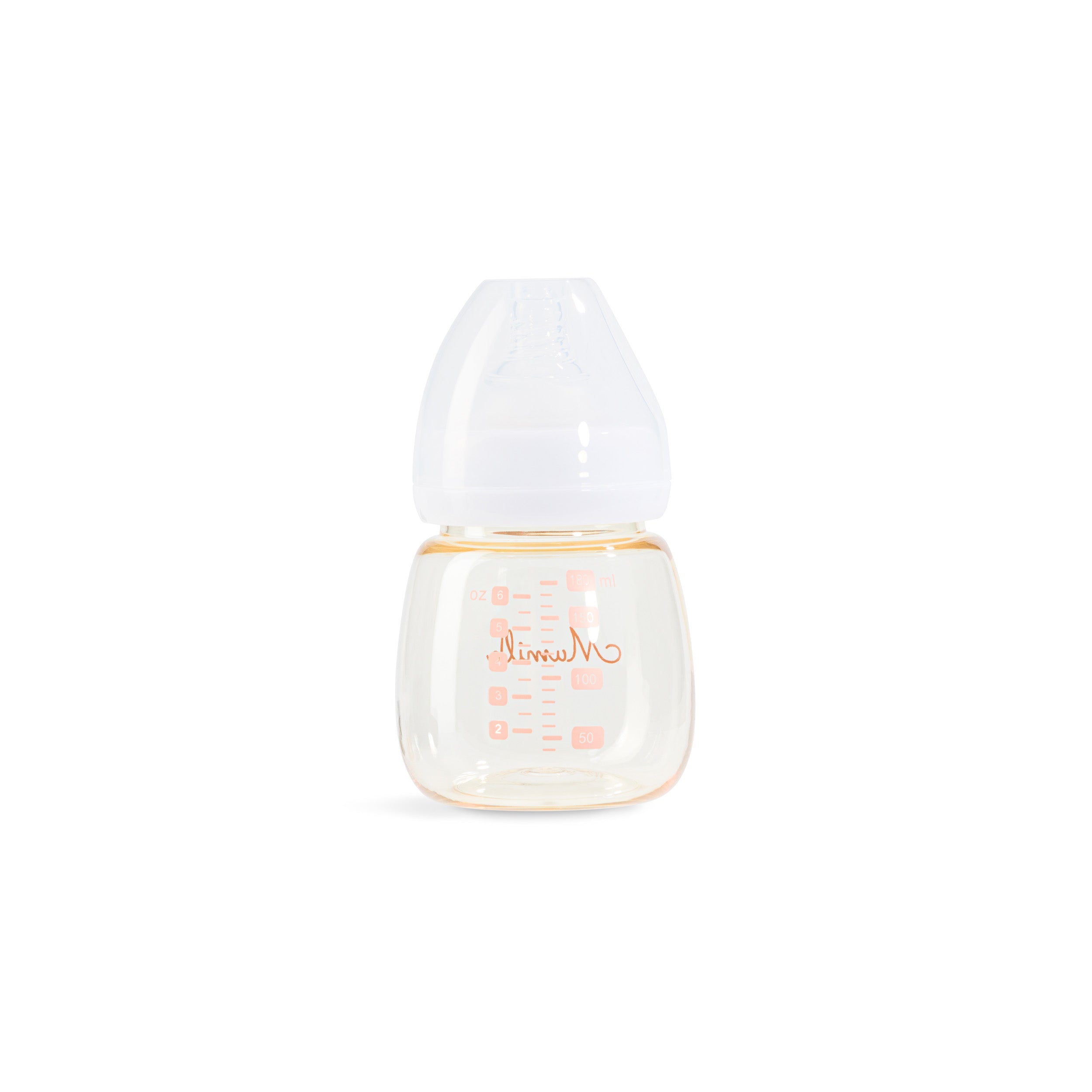
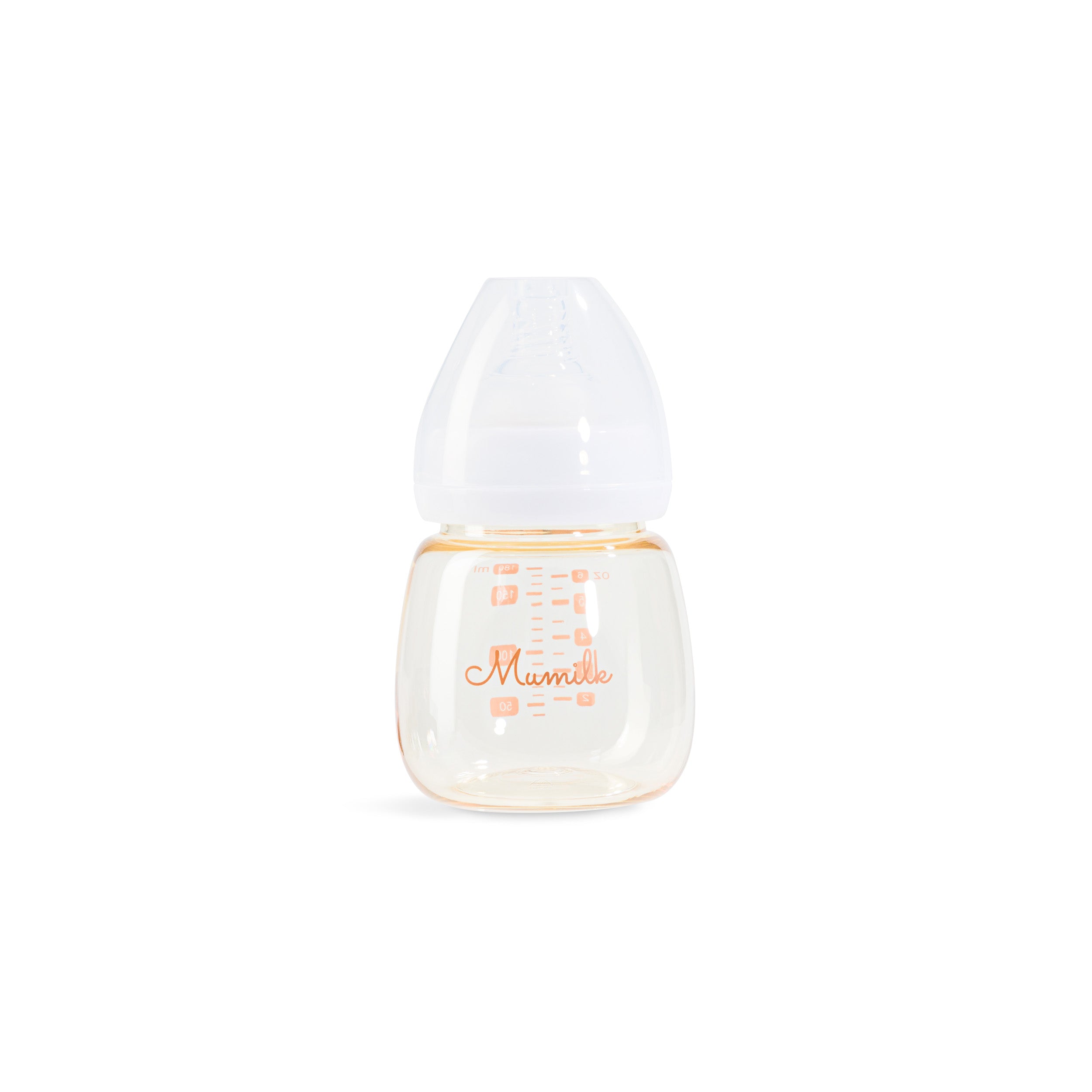
Share:
19 Foods & 3 Drinks That Increase Breast Milk Supply
Fast & Safe Ways to Lose Weight While Breastfeeding (Without Affecting Milk Supply)